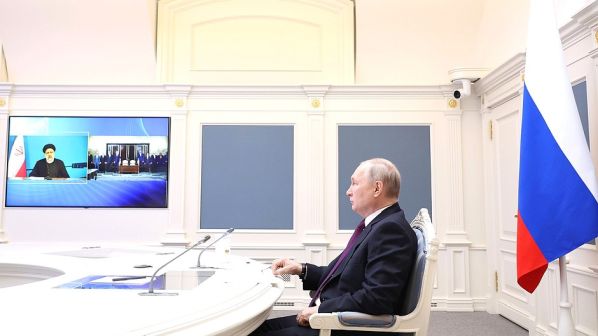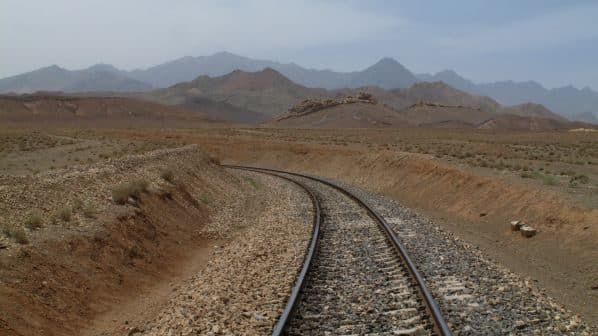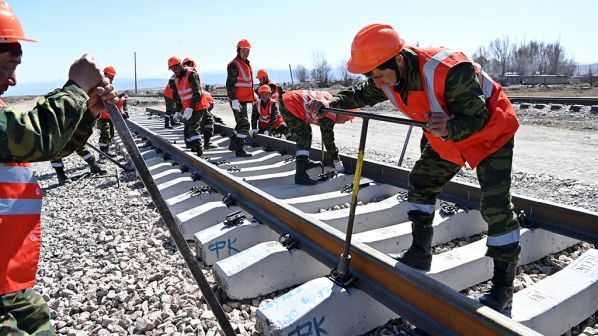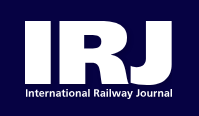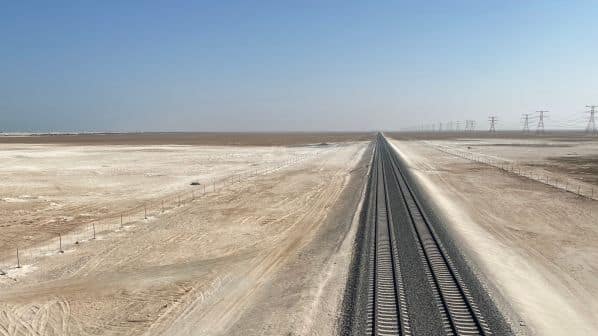RUSSIA and Iran have signed an intergovernmental agreement to provide funding for the construction of the Rasht - Astara line in Iran, which forms part of the international North-South transport corridor.
The agreement, which covered financing of the design, construction and supply of goods and services for the line, was signed during a video conference between Russian president, Mr Vladimir Putin, and Iranian president, Mr Ebrahim Raisi, on May 17.
The under-construction 162km line fills a missing connection between Iran and Azerbaijan, which has rail connections north to Russia. The line was first proposed 20 years ago but has faced numerous set-backs. In November, the project was expected to require additional investment of $US 656m to be completed.
During the call, Raisi said the North-South transport corridor includes three routes. The eastern section between Russia, Kazakhstan, Turkmenistan and Iran is operational, with several pilot deliveries completed. The central section runs via the Caspian Sea, while the Rasht - Astara line will complete the western section.
“My strong hope and real conviction is that after the implementation of this agreement all interested parties will be aware that this route enables us to promote bilateral and multilateral cooperation,” Raisi says. “In fact, this is only one project, on which we have just been able to come to terms, but there are many similar projects.”
Raisi also called for work to begin on a project to connect Iran, Pakistan and Turkey, as well as the route from Chabahar Port in the Persian Gulf to the Caspian Sea and further via Russia to Europe.
Putin says that the new route will allow freight to be transported from St Petersburg to Mumbai in 10 days, instead of the 30 to 45 days currently. “In effect, this makes it possible to slash delivery deadlines and costs,” he says. “Freight traffic volumes will soar noticeably, our two states will consolidate their transit potential, and Russian and Iranian goods will obtain more convenient and diverse access to external markets.”
For detailed data on rail projects around the world, subscribe to IRJ Pro.
